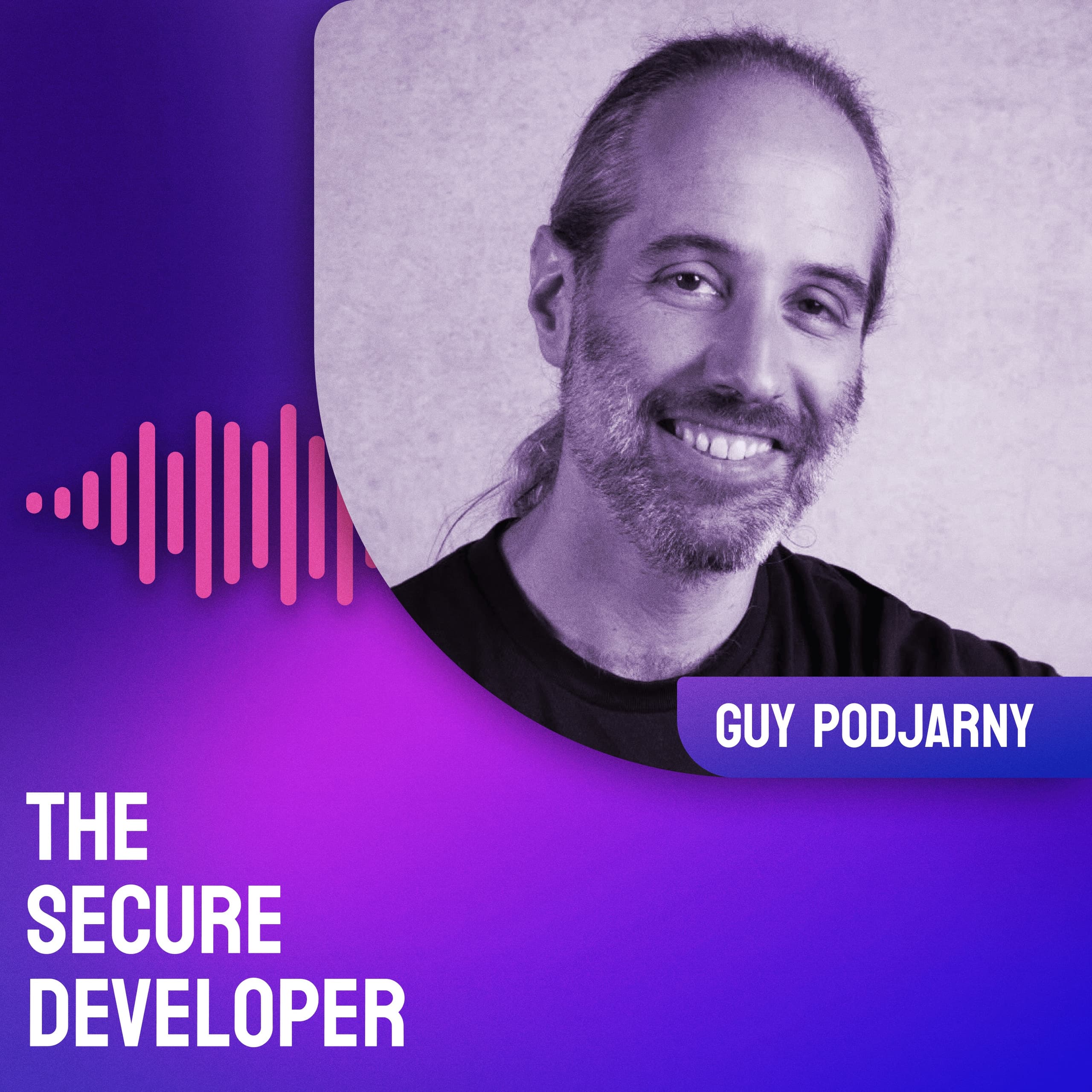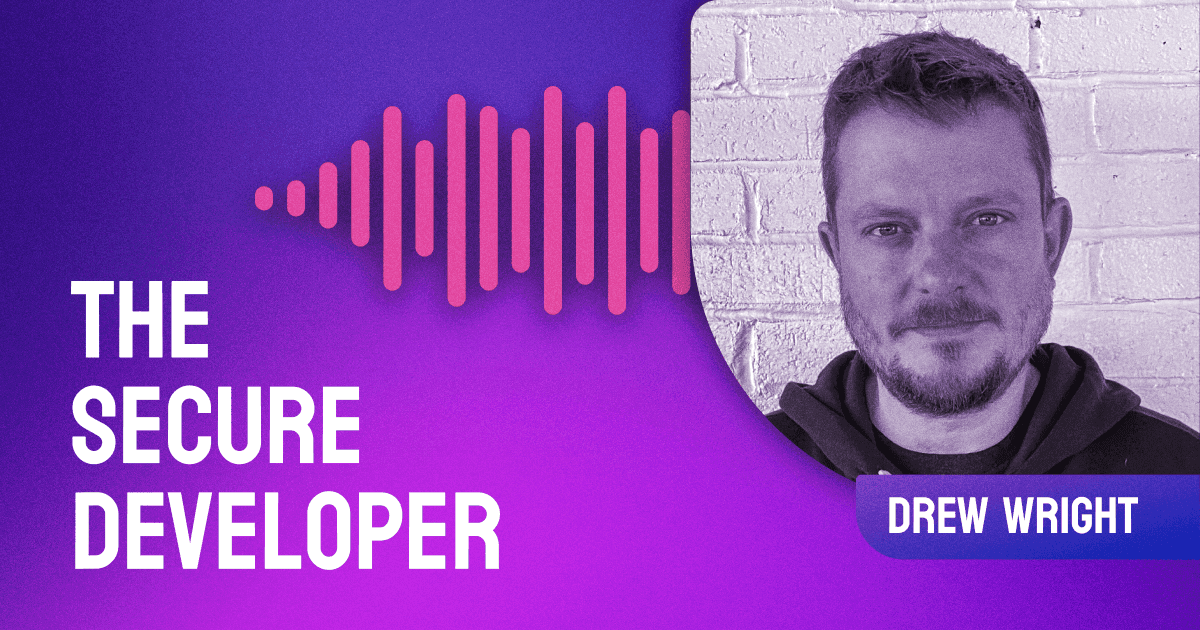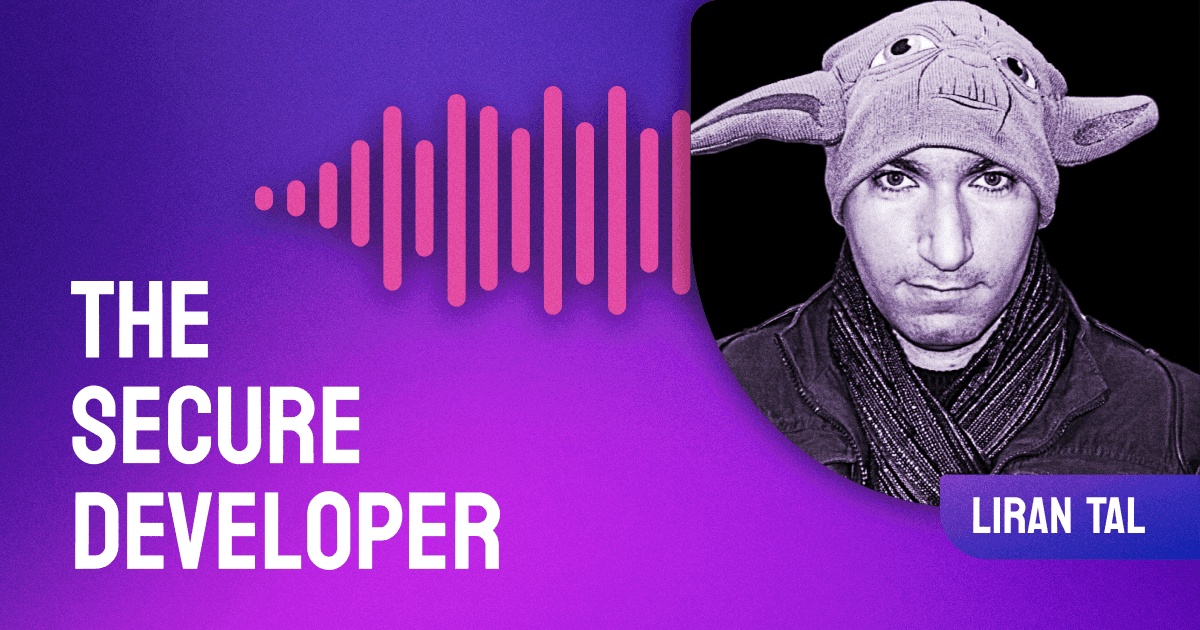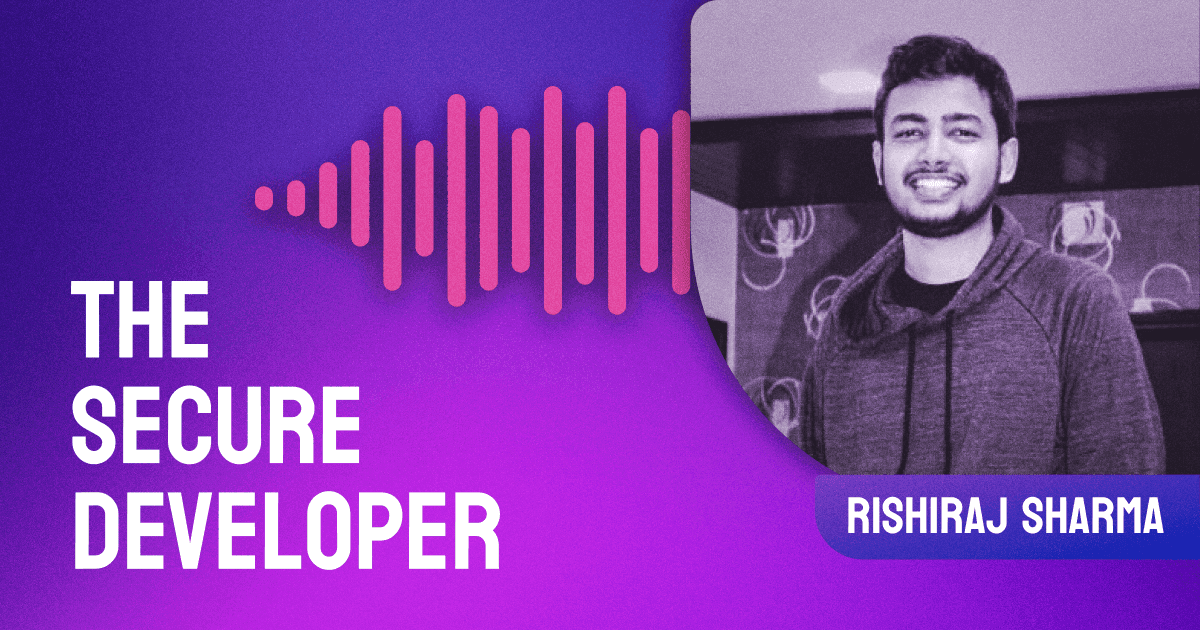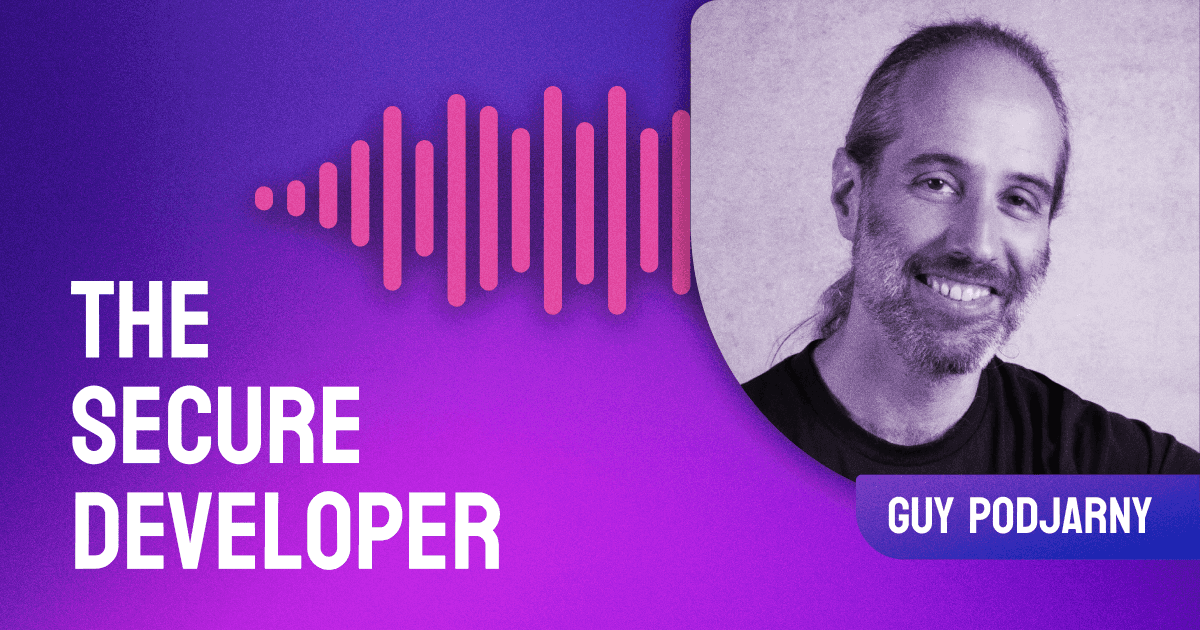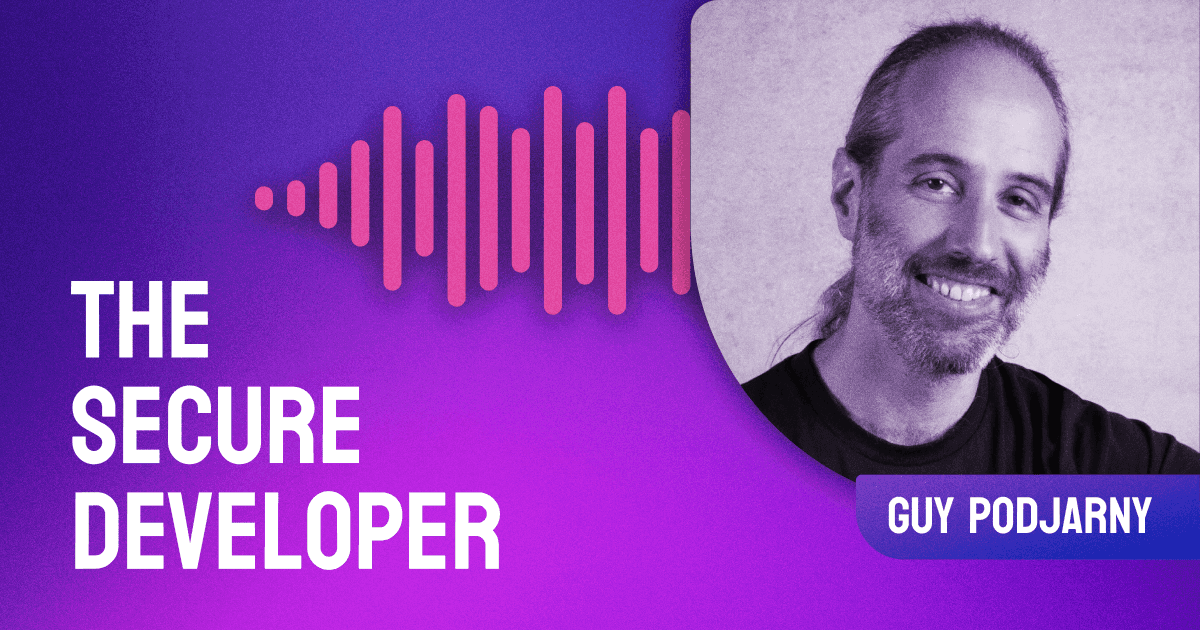In this Ask Me Anything episode we Guypo, we put Guy Podjarny in the guest chair, and had him field a bunch of really interesting guest-submitted questions.
In this Ask Me Anything session, you can expect to hear a few bits about Guypo's taste in books, how he likes to unwind, before we dive into some industry-specific content, and some rather interesting insights on the history of Snyk. We take a journey down memory lane for what started this podcast, and what has enabled it to keep growing and stay relevant.
Guypo talks about the subjects that have persisted through the last five years and the topics that will continue to grow in relevance in the future. He also shares some reflections on the hurdles of running a startup, and the pivotal moments that really made the difference. So to hear all this and more, from the one and only GuyPo, make sure to press play now!
